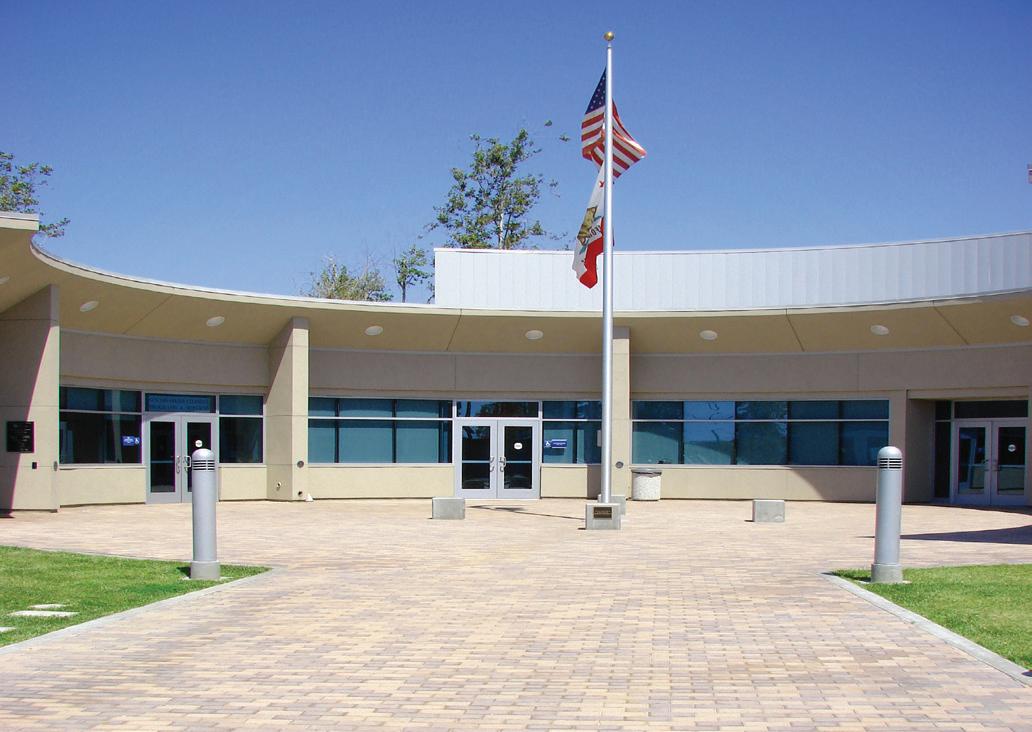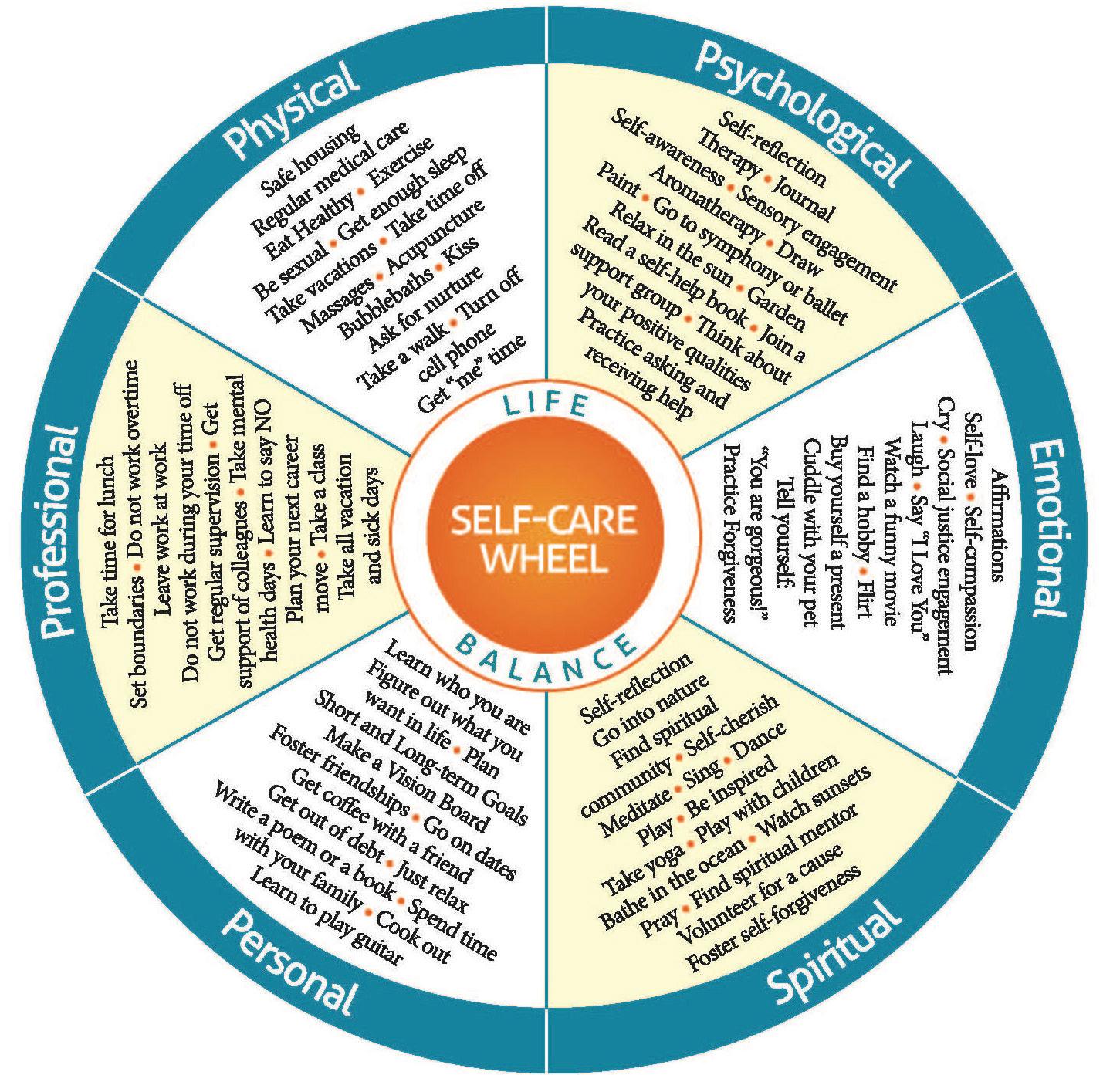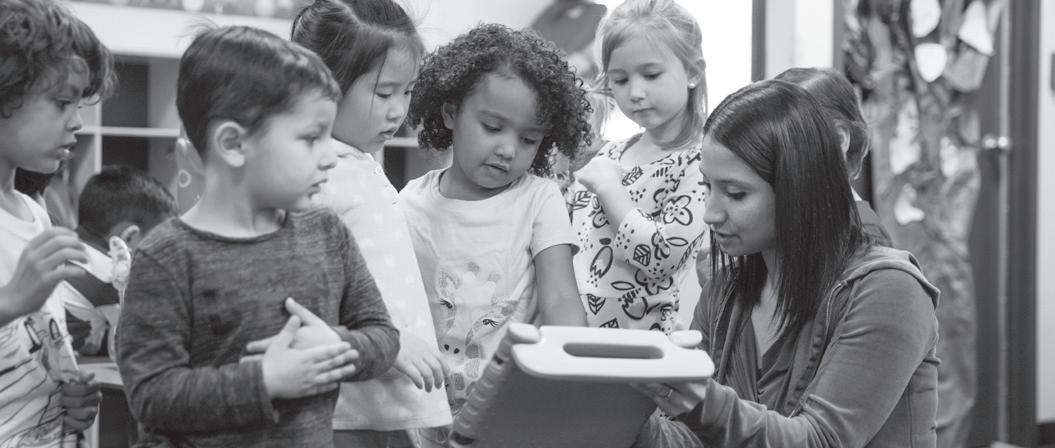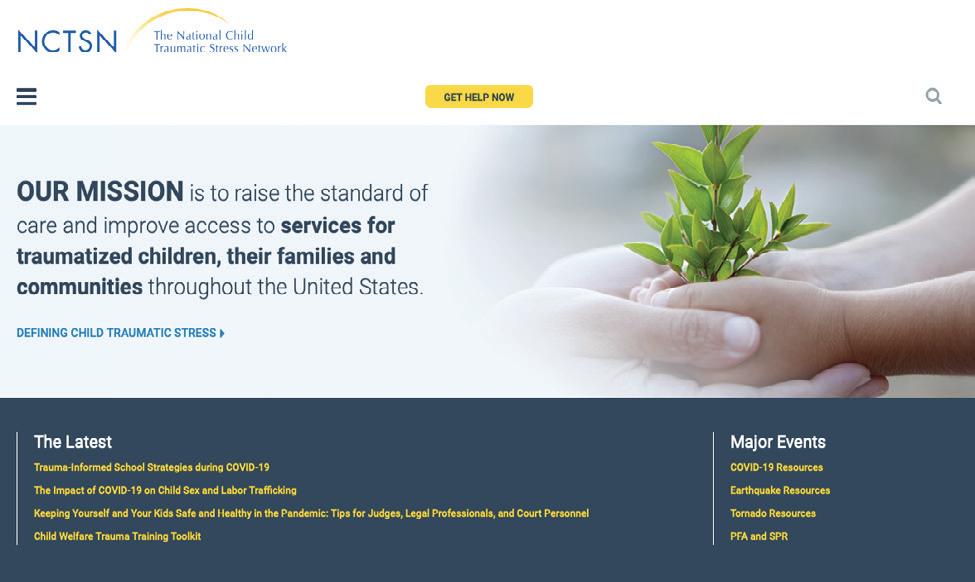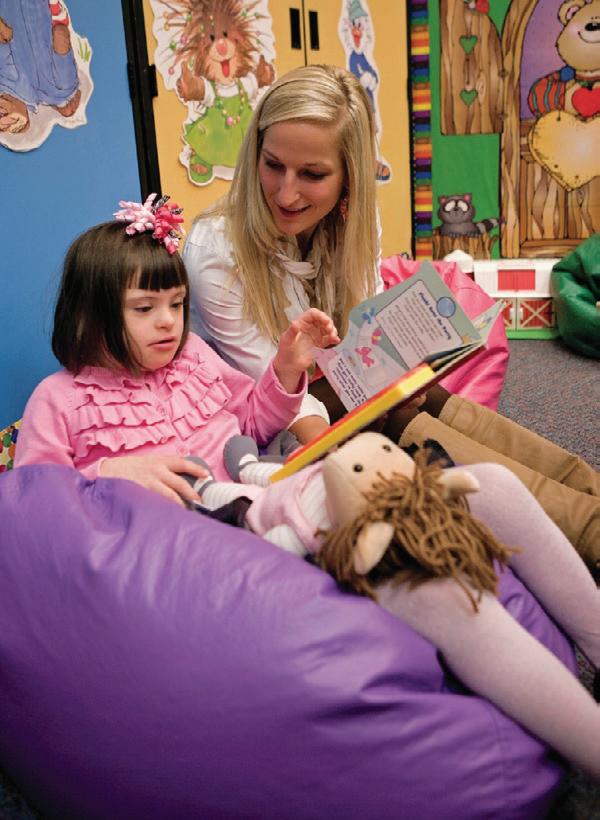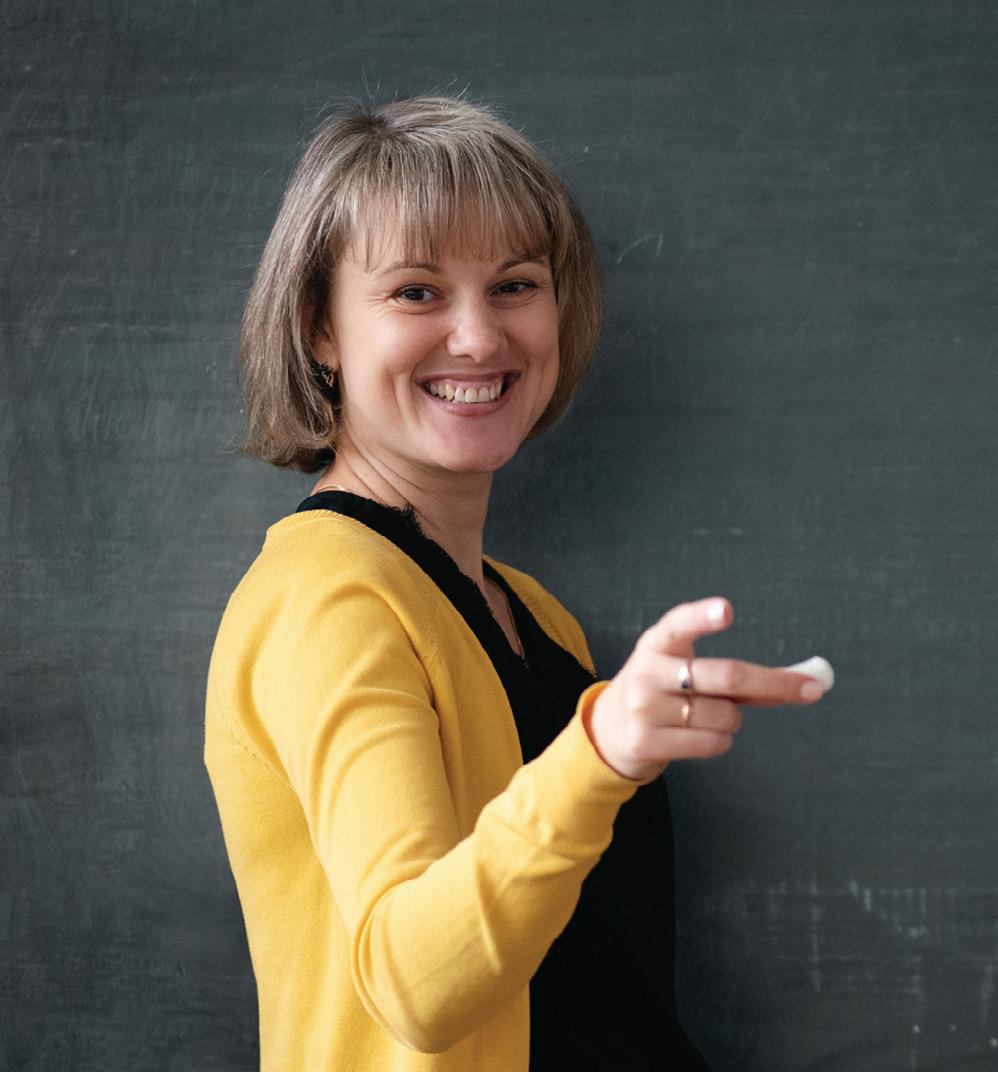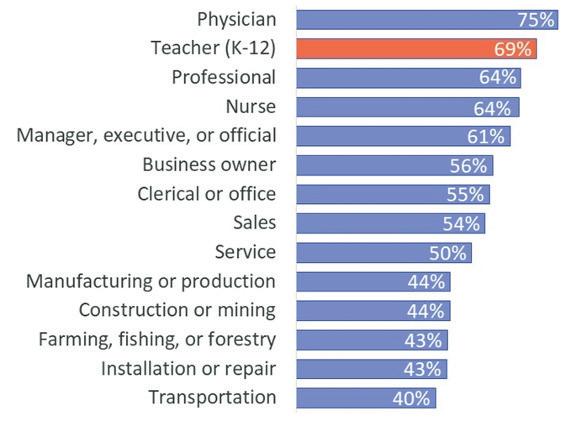Dr. Jill Purdy Director of Graduate Education Department/Associate Professor, Cedar Crest College, Pennsylvania
C
onsider this: Every moment is a networking opportunity. Each time pre-service teachers engage with mentors, students, and other school personnel and administration, they are making an impression. Remember that these school professionals will help you secure your future teaching position. These six concepts are important areas to address: ü
First impressions and beyond
ü
Quality of work – Instructional Skills
ü
Ability to collaborate
ü
Accepting feedback
ü
Flexibility
ü
Integrity and Responsibility
Making Impressions Making a positive first impression is essential. A good place to begin is to reach out to your mentor in a professional email and request a meeting. At this meeting you may discuss schedules, expectations, the curriculum, and classroom management ideas (Manno, 2014). Be sure to dress professionally and conservatively. Upon arriving in the classroom, be an active member of the team. ENGAGE! Initiative is an important quality in the teaching field. Quality Think of all you have learned in your program about instruction and content. The key is to know your stuff. Acknowledge your areas of strengths and where you hope to improve. Watch how your mentor teaches and leads the classroom. An important aspect of the learning experience is to be a reflective teacher. Reflective practice is “learning through and from experience towards gaining new insights of self and practice” (Finlay, 2008). Key reasons to reflect are to grow as a professional, keep up to date, understand learners, understand yourself as a learner, and humility (Spalding, 2020). Our institution implements the “What, So What and Now What” method of reflection. More on this can be found here: https://www.futurelearn. com/info/courses/career-smart-sell-yourself/0/steps/25057. Collaboration The ability to collaborate is an important component of a successful experience. In addition, collaboration serves as a model for the students in the classroom. Agbanyim (2015) suggests five principles of collaboration: Trust, Respect, Willingness, Empowerment and Communication. There are times when building an atmosphere of collaboration and cooperation is easier than other times. With effort and understanding, a collaborative classroom creates a positive experience for all. Feedback The purpose of observations and evaluations is to help you to become the best teacher you can. Without feedback, you will not grow as an educator. Sometimes the feedback may be hard to hear. The first step is to listen fully to the feedback. Realize the feedback is about your teaching skills and not about you personally. Handle your emotions. Flexibility Consider this scenario: You arrive at school with your well-planned lesson, one that has been approved by your mentor teacher. You have all of the materials ready to go--and you stayed up half the night doing it! During the morning announcements, you hear that the assembly has been switched to the exact time of your lesson. You are obviously disappointed. Flexibility is managing the constant changes in your teaching day. Know it will happen and move on.
Integrity and Responsibility These two attributes go well beyond making a first impression to making a lasting impression. At the end of your experience, ask if your mentor is willing to write a letter of recommendation and to serve as a reference for you. Because your mentors have watched you teach and grow, it can be easy for them to evaluate your teaching ability and explain that to a future employer. It is not easy for the mentor to explain a lack of integrity and responsibility. Think of the following scenario: Several seasoned teachers are venting in the teachers’ lounge about troubles they are having with several students. You are nearby during this discussion and are having the same problems with one of the students. Should you join in? While it might be nice to vent about your frustrations, the answer is simple and resounding – NO. The place to discuss these concerns is at a team meeting in a professional manner. By the way, you probably remember that there are laws concerning sharing student information!
Preparing for Your Future
Making the Most of Student Teaching and Field Experiences
There are many ways to make the most of your pre-service teaching experience, and these are just a few. Student teaching and field experience can be exciting, stressful, and exhausting. It is important to find someone who supports you through this experience. Ask any teacher--they will tell you that they remember the moments of student teaching very well and that it was a life-changing experience. You got this. References: Agbanyim, J. (2015). The five principles of collaboration: applying trust, respect, willingness, empowerment, and effective communication to human relationships. Arden Coaching. Retrieved from https://ardencoaching.com/ten-tips-accepting-feedback-gracefully/ Finlay, L. (n.d.). Reflecting on ‘Reflective practice’. Retrieved from http://ncsce.net/wp-content/ uploads/2016/10/Finlay-2008-Reflecting-on-reflective-practice-PBPL-paper-52.pdf Manno, M. (2014). Welcome to student teaching. https://teach.com/blog/tips-for-student-teaching/ Spalding, A. (2020). How to encourage reflective teaching in your school. Retrieved from https://blog. irisconnect.com/uk/blog/5-benefits-of-encouraging-teacher-self-reflection
Fast Forward to Your Future Dana Morrison Teacher Recruitment Manager, East Baton Rouge Parish School System, Louisiana
P
eople ask all the time, why would you want to become a teacher? Answers vary; I love kids, I want to make a difference in their future, teaching is my passion, and maybe I will be someone’s favorite teacher. While these reasons are very valid, look deeper and further. The students need great teachers and you will have the ability to impact their lives, but your life will be impacted by them more than you can ever imagine. They will provide perspective and life experiences that will help you be a better human being. You will see the world from a variety of lenses and each one will be worth the view, not always easy or simple, but well worth the understanding and the time invested to learn through them. You will have the opportunity over and over again to make a difference in the lives of so many young people entrusted to you. May love, kindness, and patience outweigh your impatience, mistakes, and the lessons that flop. As you think about your future as an educator, may your purpose, passion, and perseverance be as strong at the end of your journey as the beginning. Teaching is an adventure that is well worth every school year in between. American Association for Employment in Education
9



